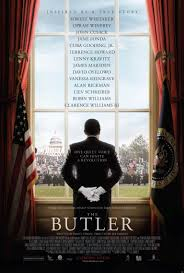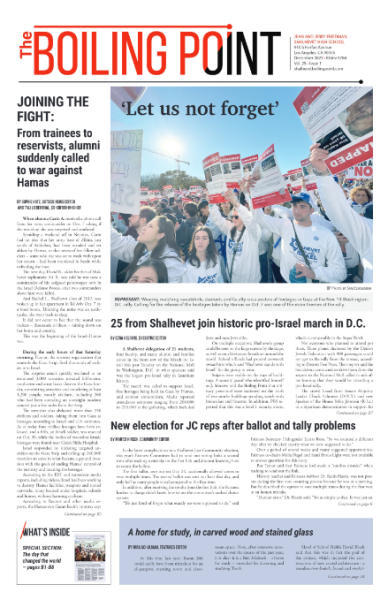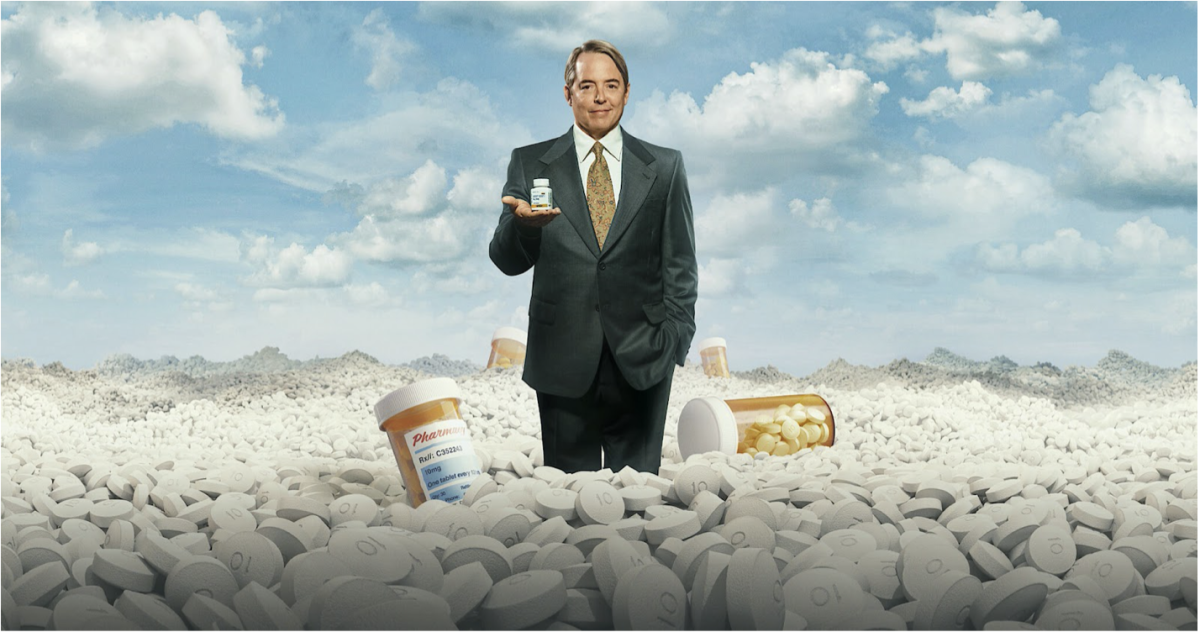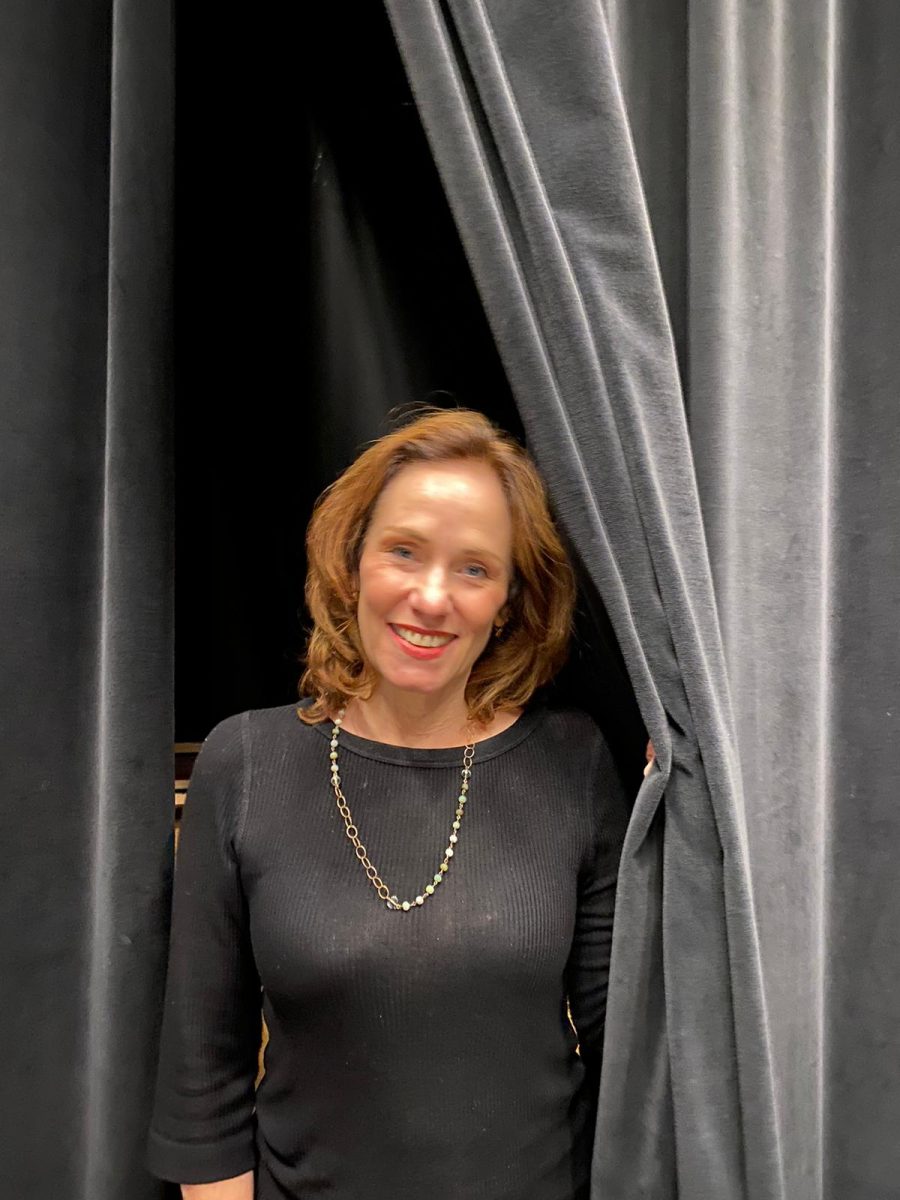
Cecil Gains and his father are flipping soil vigorously on a cotton plantation, enjoying one another’s company, until they hear a scream. Cecil’s mother (Mariah Carey) has been raped by plantation’s temperamental owner Thomas Westfall (Alex Pettyfer). “Aint you gonna do something Dad?” Pang! Cecil’s father (David Banner) is shot dead.
This is the world that shapes the plot of Lee Daniels’ The Butler, the hit movie inspired loosely by the life of Eugene Allen, a White House butler who served through eight presidential administrations. The fictionalized version gives viewers an exhaustive and original look into how life developed for African Americans from the 1920’s to 2008.
I enjoyed this film on many levels. Although the history of racism in America is usually addressed in a solemn, reticent manner, director Lee Daniels and screenwriter Danny Strong managed to put together a film that contains humor, horror, heroism and other factors that were actually at play at the time.
The film is deep and layered, and gives viewers an accurate look into racism and what life really was like for non-whites during the Civil Rights movement. The actors’ performances alone are a compelling reason to see it. It also depicts different approaches blacks used to fight racism over those decades, creating interpersonal drama that keeps the viewer constantly alert. Unlike other movies on this subject, it is not about the moral awakening of white people.
After his father is shot, Cecil is pulled out of the cotton fields to learn to be, he is told, “a house nigger” — a black person who serves inside the house. Cecil leaves the plantation in his teens, and works his way up from having no job and starving on the streets to working at a pastry shop, then a fancy hotel, and finally as a butler in the White House, where he serves presidents from Eisenhower through Reagan.
Along the way he acquires a family — his wife Gloria (Oprah Winfrey), and two sons, Louis (David Oyelowo) and Charlie (Elijah Kelley).
Seen through the eyes of these characters, protest and eventual reform do not just occur on a political level. Major political and public events such as the Vietnam war, the assassination of Martin Luther King, and the assault on the Freedom Riders directly play into the Cecil’s own life, usually through the lives of his sons.
The most vivid example of this is in the evolution of Cecil himself. Cecil learns from an early age that in order to survive – and particularly in order to succeed – he must wear an inscrutable, benign mask on his face. Throughout the movie, no employer is able to fathom the ineffable pain beneath it.
While serving, he strictly follows a policy that is repeated several times throughout the movie: “The room should feel empty when you’re in it.” Cecil becomes adept at disappearing when he is serving. We see his real personality, which is more laid back, in his camaraderie with his fellow White House butlers.
Meanwhile, Cecil and his son Louis display the different approaches of the era to fighting racism. Cecil uses a more reticent and discreet tactic, using his influence with the presidents he has attained over the years to equalize White House payment of white and black workers, while Louis uses a more active and radical tactic, riding the freedom bus and for a while, joining the Black Panthers.
Cecil does not approve of his son’s radical ways (until the end of the movie, when he recognizes him as a hero), while Louis comes to resent his father’s accommodation of the status quo (again, softening by the end). The conflict between the two is the movie’s dramatic propeller.
Anyone who enjoys being completely consumed into a film should definitely see this one. The performances of Forest Whitaker and Oprah Winfrey match its quality. Mr. Whitaker, playing Cecil, displays the perfect balance of dignity and humility. Oprah Winfrey, playing Gloria, demonstrates that she not only is one of the most influential women in the world, but also an actress who will pour her heart into any scene.
Several minutes before the film comes to a close, Cecil revisits the cotton plantation where he was raised and scarred, only this time, as a truly free man. What he finds there is desolate and abandoned, a world that no longer exists.
Along with the inauguration of Barack Obama – also shown – this return with confidence and dignity to a place of degradation shows the ultimate purpose behind the struggles of Cecil, Louis, and the real people like them who fought in the Civil Rights Movement. It also provides Lee Daniels’ purpose for the film, and ours for seeing it.


















